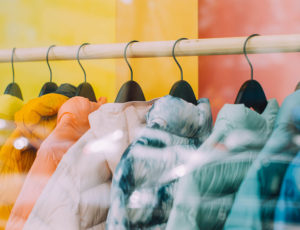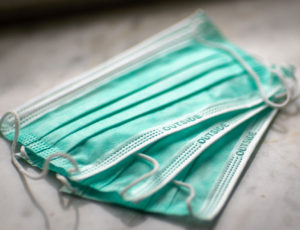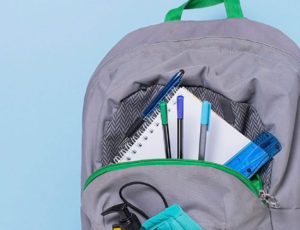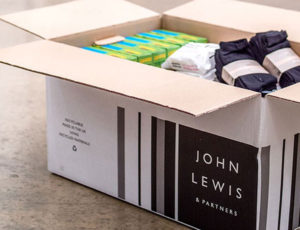New research helps the shoe industry by revealing how the coronavirus behaves on leather
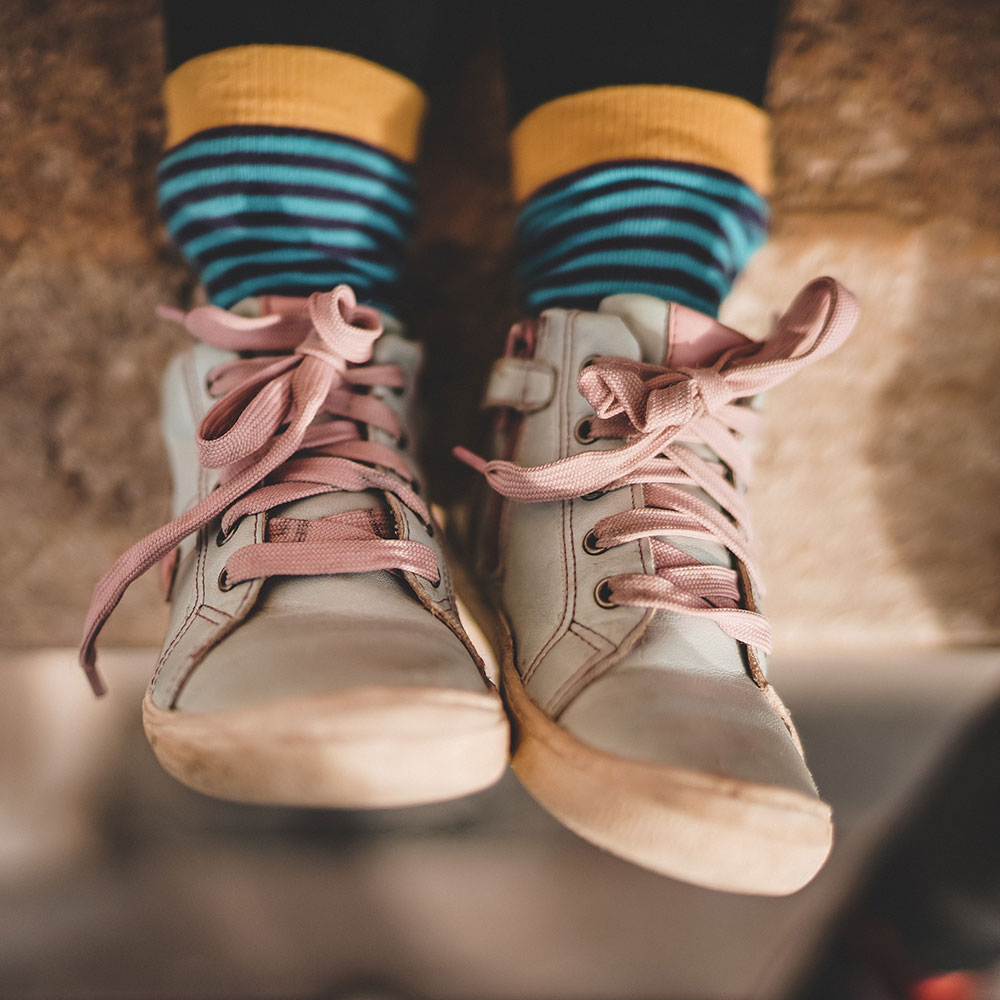
Researchers are helping the shoe industry recover from the effects of Covid-19 by understanding how the coronavirus behaves on leather. The team at De Montfort University Leicester (DMU) worked with the British Footwear Association (BFA), which represents the smallest artisan shoemakers to the largest brands in the world, to test samples of the most popular leathers used for shoes.
The traditional shoemaking process involves many different stages
Staff were concerned about the possibility of transmitting infection through handling the same materials. Also, how long the virus could remain on the material and throughout the manufacturing process.
The team, led by DMU microbiologist Dr Katie Laird, Head of the Infectious Disease Research Group, and virologist Dr Maitreyi Shivkumar, looked at how the virus survived on different types of shoe leather. Also, at cross-contamination on surfaces such as stainless steel (sewing machines) and cardboard, to assess transfer from shoes in a shoebox.
This study used a human coronavirus OC43. The team has previously shown this to have a similar survival pattern to that of SARS-CoV-2, the virus that causes Covid-19. The study is available here.
Microbiologists find coronavirus can remain on shoe leather for up to two days. They found OC43 was able to survive on some leathers for up to 48 hours. It can also transmit to shoe boxes and stainless-steel surfaces during the manufacturing process.
Commenting is Dr Shivkumar. “Although the coronavirus can remain infectious on some leathers for 1-2 days, the risk of transfer is greatest for up to a few hours after contamination of the leather.”
The team then brought in Leicester company Micro-Fresh®, which makes anti-viral treatment. Treating the leather with Micro-Fresh® took the survival time of coronavirus from 24-48 hours down to two hours. There was also no transmission from the leathers with anti-viral coating to other surfaces two hours after contamination of the leathers.
The anti-viral treatment inactivates coronavirus after two hours
Having this information means shoe manufacturers can alter their health and safety procedures knowing when transmission times are highest. They can also advise stockists on protecting the shoes in stores.
Associate Professor Dr Katie Laird, says; “This independently funded study has allowed us to understand for the first time how the human coronavirus behaves on leather. Our findings have huge potential to help the shoe industry around the world.”
Lucy Reece Raybould, the BFA’s chief executive, adds; “I am pleased this study has found some concrete information for the footwear industry. This can now be transformed into actionable guidance to boost consumer confidence and give customers greater peace of mind, whether they are browsing, trying on, or taking their goods home.
“The findings are also vitally important for manufacturers across the BFA network. I hope to see businesses critically assessing their processes to see if any improvements can be made. With this information, we can all contribute towards making the footwear sector more resilient and better able to counteract the influence of Covid-19.”
The study will help industry keep workers and shoe shops safe
Companies can coat their products with Micro-Fresh® during the manufacturing process. The technology can be added to the lacquer and applied in-house. Micro-Fresh® is an anti-microbial treatment that prevents bacteria and odours on products globally. Testing of the technology also confirms it to be effective against human coronavirus.
Commenting is Byron Dixon, CEO of Micro-Fresh®. “Our journey began as a simple formulation to prevent the growth of mould on leather goods. After working with leather for over 20 years, this is a great development and a pivotal point for Micro-Fresh®, especially during the current climate.”
Results from the study will be available throughout the industry via a webinar. It will include partners such as the Footwear Distributors and Retailers of America (FDRA), World Footwear, and organisations in Europe and Asia.





